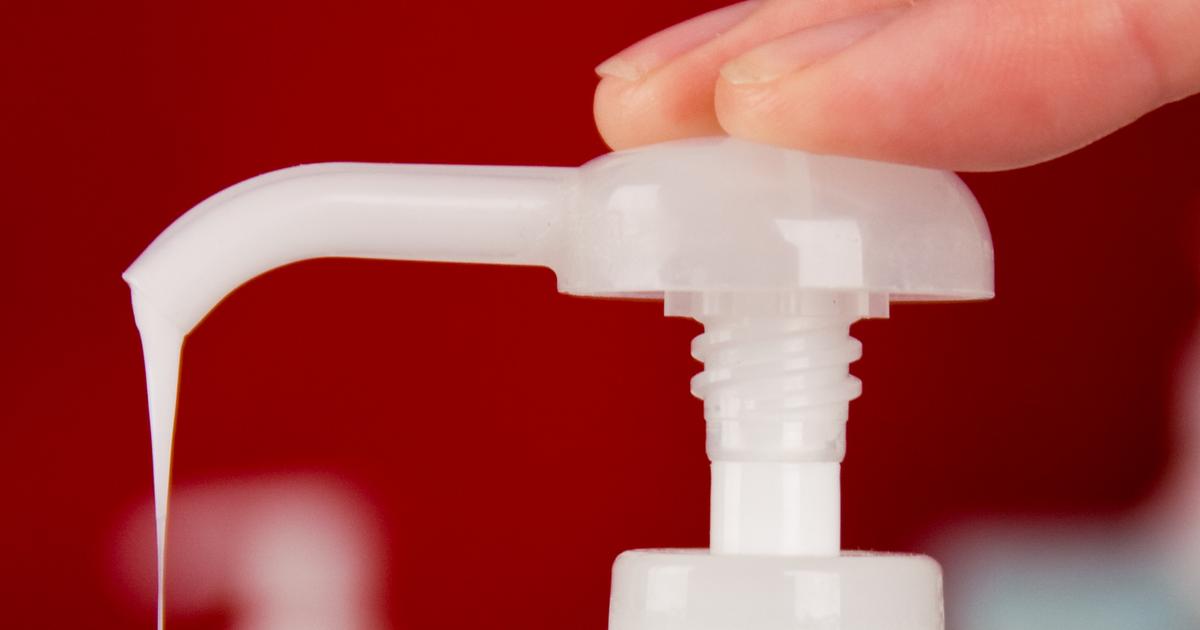Triggers For Atopic Dermatitis Flare-Ups
Some Soaps and Detergents
Some soaps and detergents may be incredibly irritating for patients with atopic dermatitis. Many soaps strip away the skin's natural oils, resulting in severe dryness. They may also contain chemicals such as formaldehyde, sulfates, and parabens, all of which could dry out the skin or cause itching and redness. When selecting soap for use in the bathtub, dermatologists recommend avoiding bubble baths, which may contain fragrance, and choosing a cleanser with colloidal oatmeal or other ingredients to help heal and protect the skin's surface.
Some laundry detergents contain synthetic fragrances, and they could also have bleach and other cleaning agents that are very harsh on the skin. Ideally, patients with atopic dermatitis should choose a laundry detergent designed for sensitive skin, free of any fragrances or dyes. Liquid detergents leave less residue than powder detergents do, and liquid fabric softeners are recommended. Giving clothes a second rinse in the washer can help remove more of the residue detergents may leave behind, reducing the risk of irritation.
Get more details on the common triggers for atopic dermatitis flare-ups now.
Stress

Although stress does not cause atopic dermatitis, patients with this condition could experience flare-ups during incredibly stressful times. For example, itching and redness may be worse when a patient is under stress. The process of treating the outbreaks with medication, bandages, and other treatments could be time-consuming and further increase a patient's anxiety, creating a vicious cycle. To reduce symptom severity during stressful periods, doctors recommend patients engage in stress management strategies.
Reading a book, watching a movie, or chatting with friends could help distract patients from the itching and irritation they are experiencing. These activities could reduce the urge to scratch, giving the inflammation time to calm. Since itching is often worse at night, creating a nighttime routine for stress relief and healthy sleep could be beneficial. Patients may want to take a short bath, apply moisturizer and any prescribed medicated creams, and listen to soothing music in a dimly lit room for half an hour before going to bed.
Keep reading to reveal more triggers for atopic dermatitis flare-ups now.
